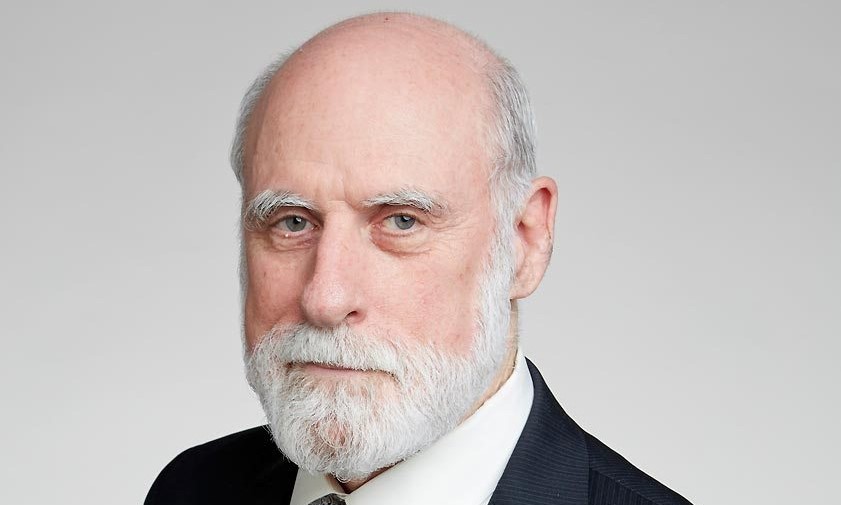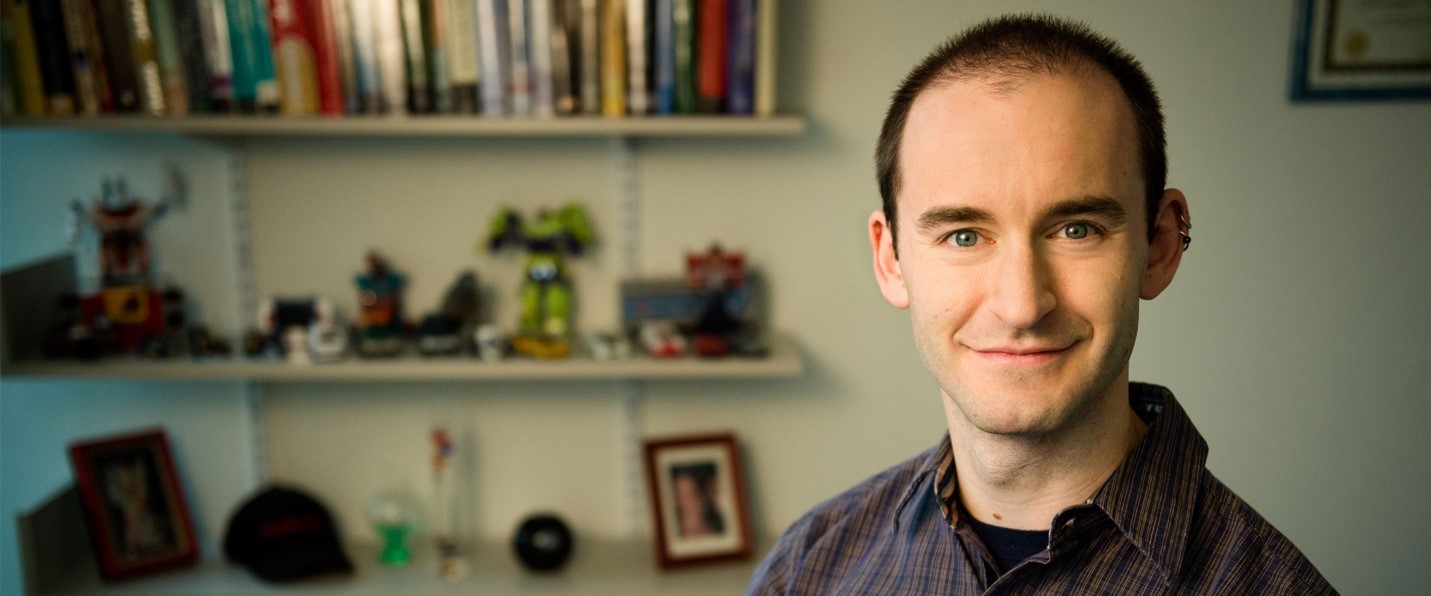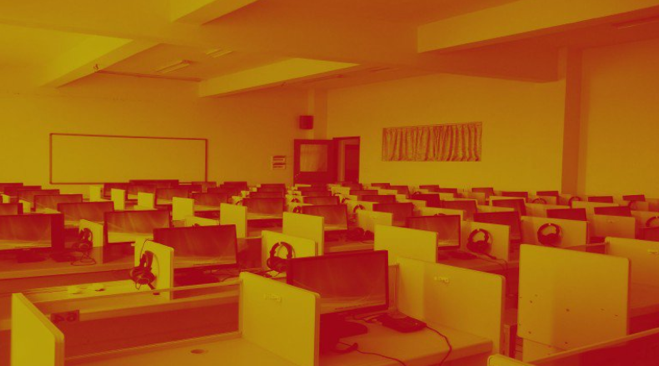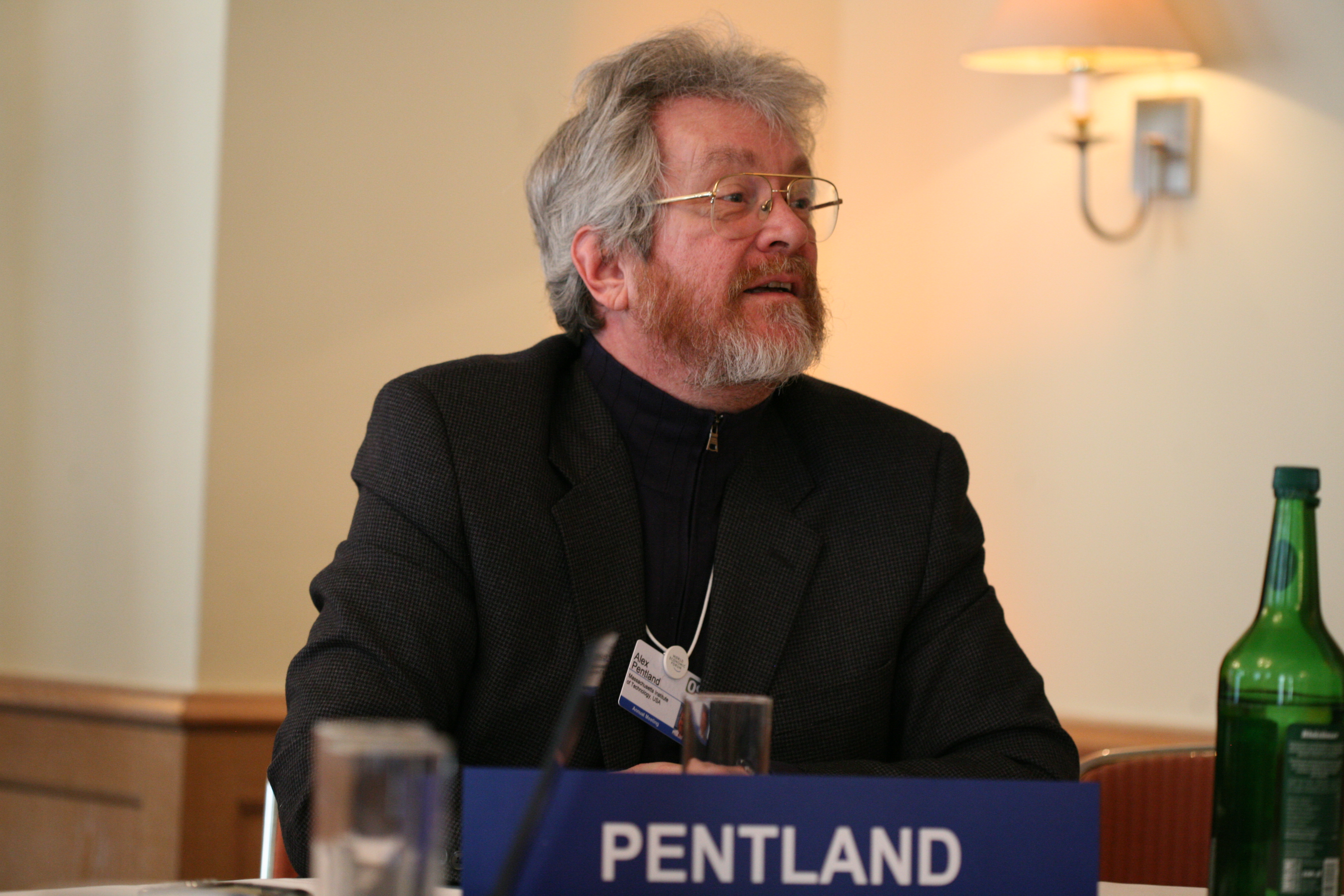
by Admin | Aug 18, 2019 | World Leaders in AIWS Award Updates

Dr. Vint Cerf, one of “the Father of the Internet” and World Leader in AI World Society Award, will be honored in Nha Trang, Vietnam in 2020.
VietNet Information Highway, the first Internet of Vietnam applied by TCP/IP protocol , was born in Nha Trang city in December 1995, and officially provided internet service in January 1996, two years before Vietnam government officially allowed on Internet connectivity. Internet has supported to a remarkable change in Vietnam. It has connected Vietnam together with developed countries (United States and Western countries), as an important factor to make open and strong Vietnam.
To respect and honor the Father of Internet, Nha Trang city will create Vint Cerf Archive room and statue. When Dr. Vint Cerf visit Nha Trang in 2020, the city will organize a special ceremony to welcome and honor Dr. Vint Cerf, as well as officially launch the Vint Cerf Archive Room and Statue. Besides, Dr. Vint Cerf will give a special speech at the ceremony.
Dr. Vint Cerf also joins to the team to build the Social Contract 2020.

by Admin | Aug 18, 2019 | AI-Government

The leading growth strategy for manufacturers in 2019 is improving shop floor productivity by investing in machine learning platforms that deliver the insights needed to improve product quality and production yields.
Artificial Intelligence (AI) has the potential to create $1.4T to $2.6T of value in marketing and sales across the world’s businesses, and $1.2T to $2 in supply-chain management and manufacturing. 50% of companies that embrace AI over the next five to seven years have the potential to double their cash flow with manufacturing leading all industries due to its heavy reliance on data according to McKinsey.
Using machine learning to streamline every phase of production, starting with inbound supplier quality through manufacturing scheduling to fulfillment is now a priority in manufacturing. According to a recent survey by Deloitte, machine learning is reducing unplanned machinery downtime between 15 – 30%, increasing production throughput by 20%, reducing maintenance costs 30% and delivering up to a 35% increase in quality.
According to Michael Dukakis Institute for Leadership and Innovation (MDI), AI can be an important tool for government and society, especially in manufacturing industry, to relieve people of resource constraints and arbitrary/inflexible rules and processes, as well as solve important issues, such as SDGs.

by Admin | Aug 18, 2019 | News

On August 16 2019, President Le Minh Chien and leaders of Dalat University welcome and have a great meeting with Mr. Nguyen Anh Tuan, co-founder of AI World Society Initiative. They have discussed and confirmed on design as well as timeline for AI World Society (AIWS) House at Dalat University at the old library of the University. The AI World Society house will have 3 main components including Archive of AI in the world, Seminar and Conference Room, and Research Room. They will also build AI World Society Square connect with AI World Society House. AIWS House will host special research and education program in AI technology supported by Michael Dukakis Institute (MDI) for Leadership and Innovation. The AIWS House will have online version to encourage and engage global communities for AI applications on Art, Cultures, and Society.
The AIWS House will officially operate from 2020, and will host AI World Society Festival in Art and Culture for peace and happiness in December 2020.
Dalat University or the University of Dalat is a university in the city of Dalat, Vietnam. The original Dalat University was established in 1957 — after support of and requests by Archbishop Pierre Martin Ngô Đình Thục — by the Council of Vietnamese Catholic Bishops as a centre for education. Today, it is a multidisciplinary university that offers undergraduate and graduate education for the Central Highlands region

by Admin | Aug 18, 2019 | AI-Government

Shaping the future of AI will require new regulation of technology. Some possible directions include restrictions on the collection and use of data, requiring the use of machine learning tools and frameworks that are fair by design, and mandating processes that promote accountability by allowing people to contest algorithmic decisions.
However, the natural question that arises is: how will these new policies and regulations be enforced? Without a means for assessing whether systems are in compliance, regulators are powerless to hold the designers and operators of those systems accountable.
Algorithm auditing is one potential answer to this question. Using algorithm auditing techniques, it is possible to scientifically evaluate whether a black-box system exhibits a range of negative behaviors, such as discrimination against protected classes or predatory pricing. Algorithm auditing enables academics, members of civil society, investigative journalists, and regulators to assess whether algorithmic systems are obeying policy proscriptions and best-practices.
Algorithm auditing methods have two desirable properties. First, systems can be audited without requiring access to proprietary source code and datasets. This avoids obvious concerns about revealing trade secrets or sensitive datasets to third-parties. Second, audits can be conducted in secret, making them suitable for voluntary and involuntary compliance testing.
As part of the Social Contract 2020 we should carefully consider the compliance and enforcement role that algorithm audits can play. One option is to mandate independent algorithm audits of all consequential AI systems, similar to how we currently mandate financial audits (and should mandate cybersecurity audits). A second option is not to mandate algorithm audits, but to instead legalize and legitimize their practice. This would at least permit consequential AI systems to be audited, rather than allowing system owners to shroud their technology in a haze of legal use restrictions.
Christo Wilson
Associate Professor
Khoury College of Computer Sciences
Northeastern University
Member of the Social Contract 2020 Team
Michael Dukakis Leadership Fellow

by Admin | Aug 18, 2019 | AI-Government, AI World Society Distinguished Lecture
A new analysis shows that the number of Chinese AI researchers has increased tenfold over the last decade, but the majority of them live outside the country.
Superpower dreams: China has put forth a concerted effort to grow into a leading AI powerhouse over the last few years.
Home-grown army: the authorship of papers accepted to NeurIPS, one of the most prestigious international AI conferences, and found a nearly tenfold increase in the number of authors who did their undergraduate studies in China over the last decade.
Brain drain: Despite the country’s success in cultivating domestic talent, however, it has struggled with retention.
Why it matters: Among the four major inputs into a country’s AI ecosystem—talent, data, capital, and hardware—the first has the greatest impact. The concentration of expertise determines whether practitioners will direct their energy more toward AI research or applications, for example.
A more fluid movement of scientists would benefit both the US and China to build up both countries’ AI ecosystems while making it easier to create much-needed global standards for AI ethics. In this effort, Michael Dukakis Institute for Leadership and Innovation (MDI) established the Artificial Intelligence World Society (AIWS) to collaborate with think tanks, universities, non-profits, firms, and other entities that share its commitment to the constructive and development of AI for helping everyone achieve well-being and happiness as well as ethical norms

by Admin | Jul 23, 2019 | News

(from left to right: Governor Michael Dukakis, President of Estonia Toomas Hendrik Ilves, and Professor Patrick Winston
at the AI World Society’s first meeting December 12, 2017.)
Patrick Winston, a beloved professor and computer scientist at MIT, died on July 19 at Massachusetts General Hospital in Boston. He was 76.
A professor at MIT for almost 50 years, Winston was the director of MIT’s Artificial Intelligence Laboratory from 1972 to 1997 before it merged with the Laboratory for Computer Science to become MIT’s Computer Science and Artificial Intelligence Laboratory (CSAIL).
A devoted teacher and cherished colleague, Winston led CSAIL’s Genesis Group, which focused on developing AI systems that have human-like intelligence, including the ability to tell, perceive, and comprehend stories. He believed that such work could help illuminate aspects of human intelligence that scientists don’t yet understand.
His Genesis project aimed to faithfully model computers after human intelligence in order to fully grasp the inner workings of our own motivations, rationality, and perception. Using MIT research scientist Boris Katz’s START natural language processing system and a vision system developed by former MIT PhD student Sajit Rao, Genesis can digest short, simple chunks of text, then spit out reports about how it interpreted connections between events.
Winston’s dedication to teaching earned him many accolades over the years, including the Baker Award, the Eta Kappa Nu Teaching Award, and the Graduate Student Council Teaching Award. He was also renowned for his accessible and informative lectures, and gave a hugely popular talk every year during the Independent Activities Period called “How to Speak.”
A past president of the Association for the Advancement of Artificial Intelligence (AAAI), Winston also wrote and edited numerous books, including a seminal textbook on AI that’s still used in classrooms around the world. Outside of the lab he also co-founded Ascent Technology, which produces scheduling and workforce management applications for major airports.
As a pioneer researcher in Artificial Intelligence (AI), Professor Patrick Winston was also key figure to the AI World Society (AIWS), which has been established by Michael Dukakis Institute for Leadership and Innovation (MDI). He was an intellectual and active contributor to AIWS and MDI from the very first days, including AI World Society first meeting on December 12, 2017 at Harvard University Faculty Club.
Michael Dukakis Institute for Leadership and Innovation (MDI) and AI World Society (AIWS) express sincere condolences to professor Patrick Winston and his family. Professor Patrick Winston is always memorized as an inspirational AI expert in AI World Society for promoting ethical norms and practices in the development and use of AI.

by Admin | Aug 18, 2019 | News

“A Proposed Social Contract 2020, Regarding Rules and International Laws for AI and the Internet “ is a theme of the AI World Society (AIWS) Conference on September 23, 2019 at Harvard University Faculty Club, MA, USA. Professor Alex Sandy Pentland, Director of Connection Science from MIT, and co-founder of the Social Contract 2020, is the keynote speaker of the conference, Governor Michael Dukakis, Chairman of the Boston Global Forum, co-founder of the AI World Society and the Social Contract 2020 is the moderator of the conference. Professor Pentland will present concepts of the Social Contract 2020, a very important part of AI World Society.
Professor Alex ‘Sandy’ Pentland directs the MIT Connection Science and Human Dynamics labs and previously helped create and direct the MIT Media Lab and the Media Lab Asia in India. He is one of the most-cited computational scientists in the world, and Forbes recently declared him one of the “7 most powerful data scientists in the world” along with Google founders and the Chief Technical Officer of the United States. He is on the Board of the Global Partnership for Sustainable Development Data, co-led the World Economic Forum discussion in Davos that led to the EU privacy regulation GDPR, and was central in forging the transparency and accountability mechanisms in the UN’s Sustainable Development Goals.

by Admin | Jun 30, 2019 | Event Updates
The Boston Global Forum and the United Nations Academic Impact co-organized an AI World Society Distinguished Lecture on United Nations Charter Day, June 26, 2019. The AI World Society Distinguished Lecture was delivered by Dr. David A. Bray in the ECOSOC Chamber, United Nations Headquarters. On this special day, the AI World Society Distinguished Lecture is named as the United Nations Charter Day Lecture.
Theme:
Artificial Intelligence, the Internet and the Future of Data: Where Will We Be in 2045? will examine the impact of technology on the mission of the UN 100 years after its creation.
The event is broadcasted through UN WebTV:
http://webtv.un.org/search/united-nations-academic-impact-charter-day-lecture/6052648067001/?term=&lan=english
The Lecture start at 10:00 am with film about establish United Nations Charter on June 26, 1945 in San Francisco, followed by participants standing to read key messages of UN Charter.
Then, Mr. Nguyen Anh Tuan, CEO of the Boston Global Forum introduced the AI World Society Initiative and AI World Society Distinguished Lecture, and honored to name the AI World Society Distinguished Lecture as United Nations Academic Impact Charter Day Lecture on this special day.
Then, Dr. Bray, presented the Lecture with his vision about the world in 2045, 100 years of United Nations, and at the time that he will be 67 years old.
Moderator
Maher Nasser, Director, Outreach Division Department of Global Communications, United Nations.
Panelists:
- Mariko Gakiya, Shine Advisory Board Member-Sustainability and Health Initiative, Visiting Scientist-Environmental H, Harvard T.H. Chan School of Public Health
- Fabrizio Hochschild, United Nations Under Secretary-General and Special Adviser on the Preparations for the Commemoration of the Seventy-Fifth Anniversary of the United Nations
- Ajeet N. Mathur,
Professor in Strategy and International Business,
Business Policy and Economics Areas, IIM Ahmedabad
- Atefeh Riazi, United Nations Assistant Secretary-General and Chief Information Technology Officer
- David Silbersweig, Chairman of psychiatry at Brigham & Women’s Hospital in Boston, and
co-directs the center for the neurosciences;
Academic Dean, and Stanley Cobb Professor of Psychiatry, Harvard Medical School, Board Member of the Boston Global Forum, Member of AI World Society Standards and Practice Committee.

by Admin | Jun 30, 2019 | AI-Government, News
Delegation of the Boston Global Forum, including Governor Michael Dukakis, Mr. Nguyen Anh Tuan, Professor Thomas Patterson, Professor Nazli Choucri, Professor Thomas Creely, and Mr. Allan Citryn, attended AI World Government Conference and Expo in Washington DC. The BGF is a part of the strategic alliance of this event. BGF hosted the Summit of AI World Government with the topic “AI Governance, Big Data, and Ethics”. After Governor Michael Dukakis give opening remarks, Prof. Thomas Patterson presented the AI World Society-G7 Summit Initiative. He focused on the AI-Government model and AI-Citizen, in which AI-Citizen as new concepts. AI-Government affects the public through improvement of public services, such as health care and education. This impact, however, deals only with individuals as subjects – recipients of government action. AI also has the capacity to empower individuals and make them more responsible for their actions. In this sense, AI is a mechanism for enhancing individuals as citizens rather than merely as subjects.
As we envision the AI World Society (AIWS), it is a society where innovation, creativity and dedication are promoted and given material support, and in which individuals who contribute to society through innovation, creativity and dedication are heard, recognized and rewarded.
We also envision it as a society that increases citizens’ opportunities to influence governmental decisions and to hold government accountable for its actions. Citizen participation is not a substitute for representative institutions, but the AIWS model expands the range of decisions in which citizens are directly and materially involved. AI in this context should support the self- organization of citizens in structures of civil society and those for political action, thus contributing to a more vibrant and open society and a living democracy.
AI-Citizen would seek to nurture innovation, creativity and dedication and the ability to organize for a common purpose; develop a mechanism for rewarding innovation, creativity and dedication, getting organized for public interest purposes; develop ways for individuals to participate more fully and actively in government decisions, parliamentary and other democratic activity and civil society; and provide ways for individuals to hold government and other actors accountable for decisions affecting them and society generally.
Prof. Patterson introduced the Social Value Reward (or Social Value Recognition) SVR. This system is in contrast with Social Credit System of China. Social Value Reward is for citizens and by citizens. Mr. Nguyen Anh Tuan, CEO of BGF, emphasized that the Social Credit System of China government is anti-democratic, and the world need a democratic system to replace the Social Credit System of China.
Social Value Reward (SVR) System would provide a way for citizens to track their contributions to society, as well as a way for society to acknowledge those contributions. It would allocate reward based on citizens’ adherence to norms such as their dedication and their innovative, creative contributions. It stands in sharp contrast to China’s “social credit” system, which is a mechanism of state control. Based on a blockchain system, SVR would not have government input or be accessible by government. Reward would be allocated by civic-minded non-governmental organizations. The system is used to recognize and honor citizens for their contributions to society. Punitive action is prohibited. SVR would also permit citizens to evaluate the leaders of governmental institutions, governments, non-government organizations, and firms for their contributions to society. SVR would accord with The European Union’s General Data Protection Regulation (GDPR) and The Ethics Guidelines for Trustworthy Artificial Intelligence (AI) issued by the European Commission’s High-Level Expert Group on Artificial Intelligence.
Professor Patterson informs that BGF are discussing about The New Social Contract for AI, Data, Internet society.

BGF delegation attended AI World Government.

Governor Michael Dukakis gives opening remarks at the Summit of AI World Government.
















